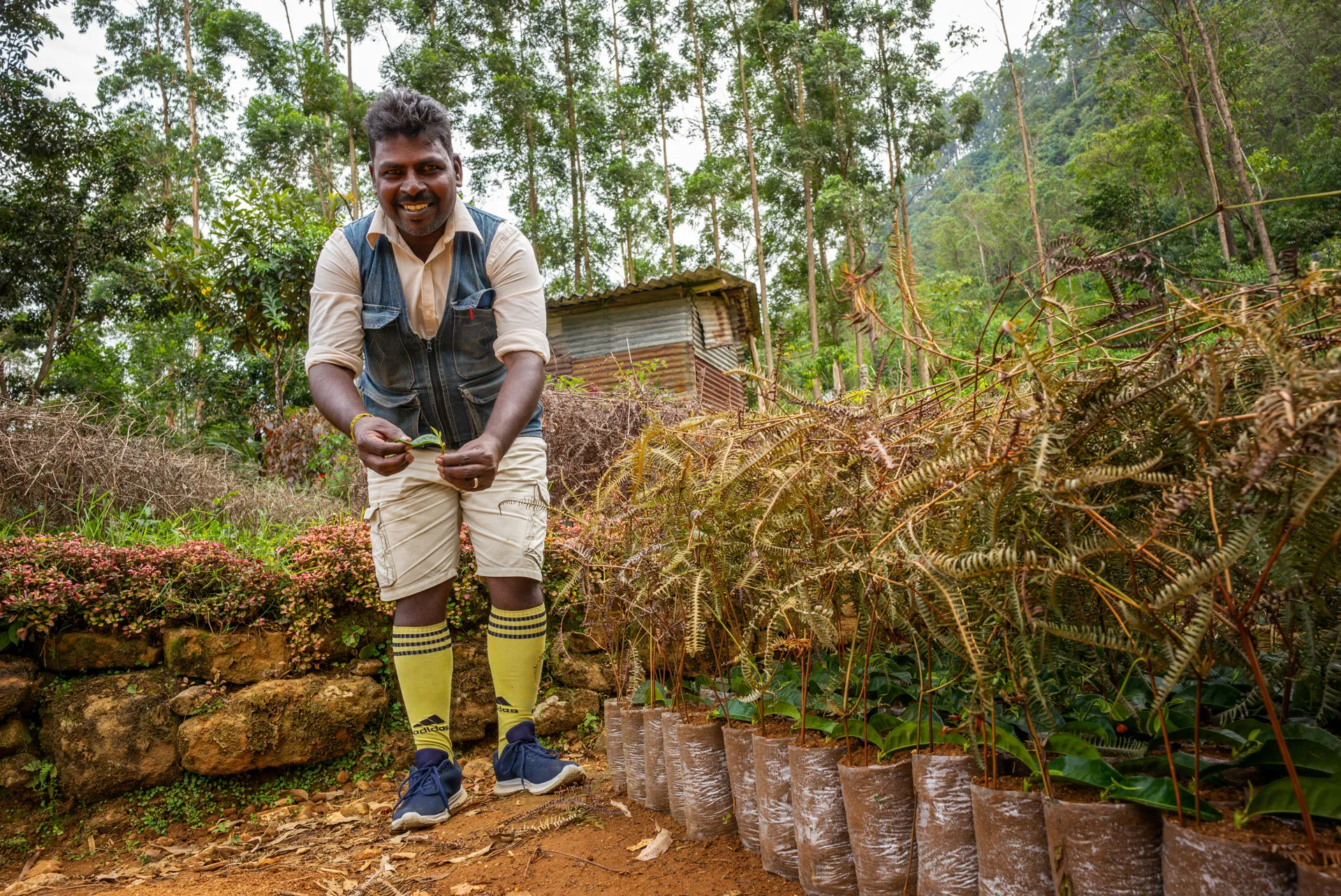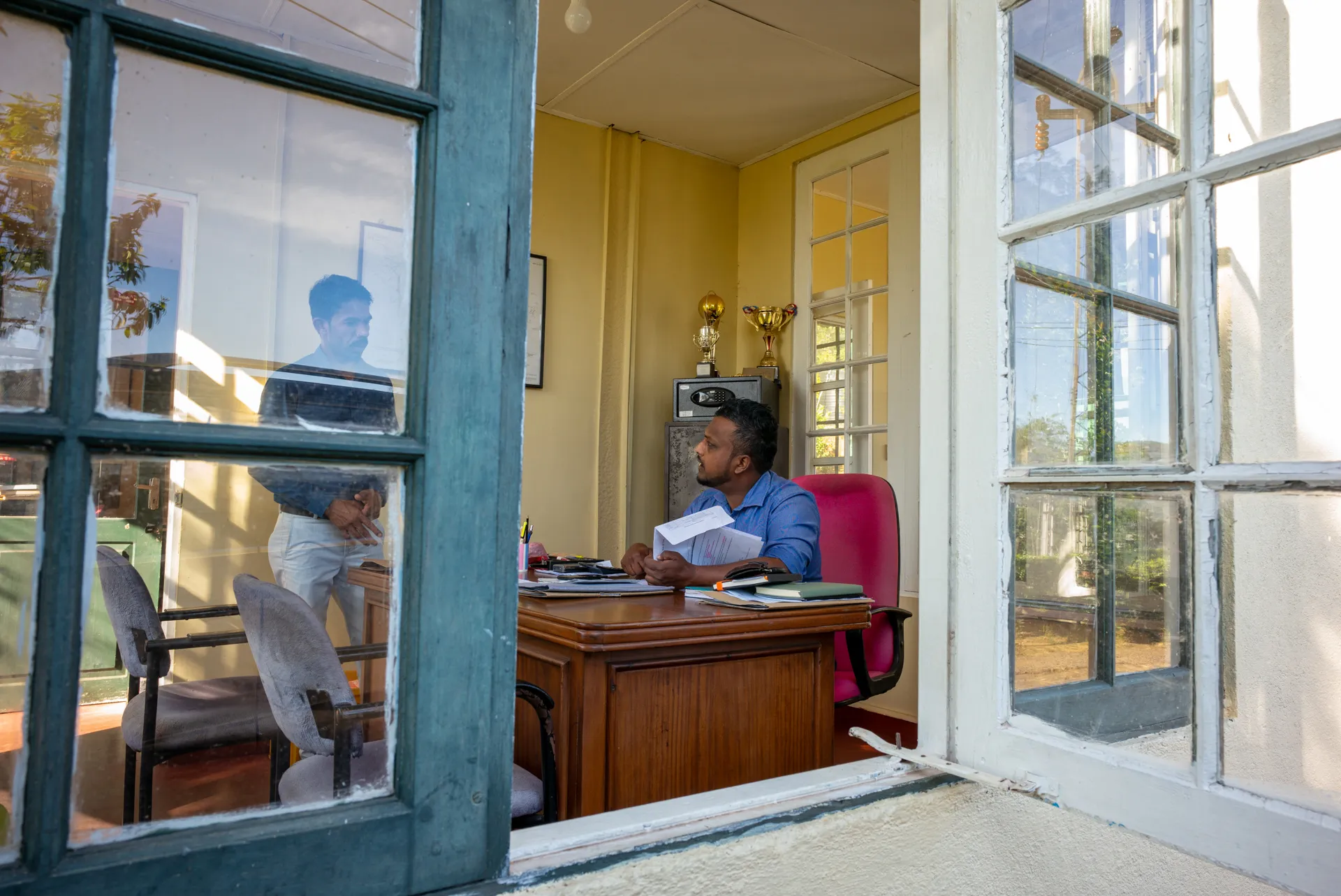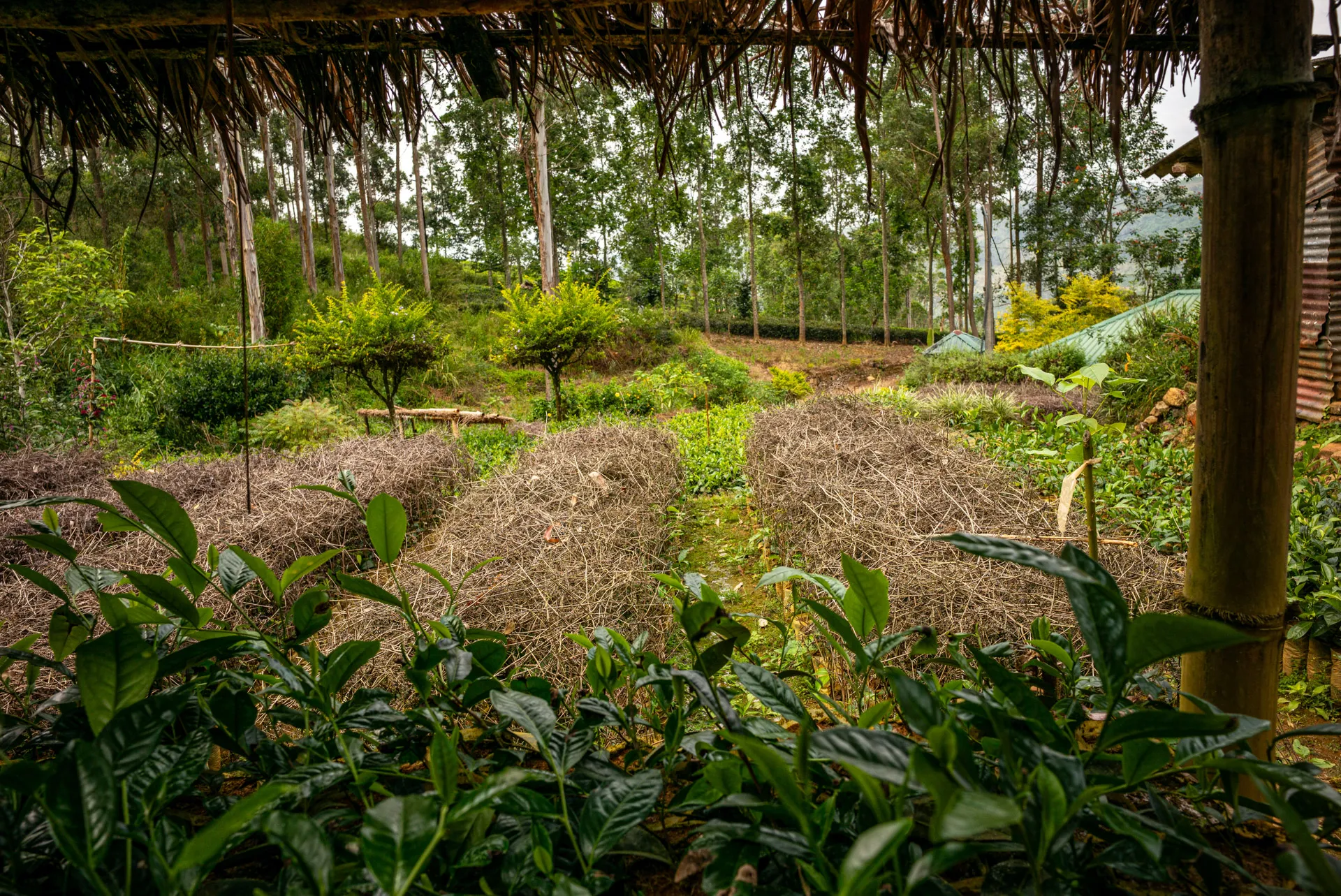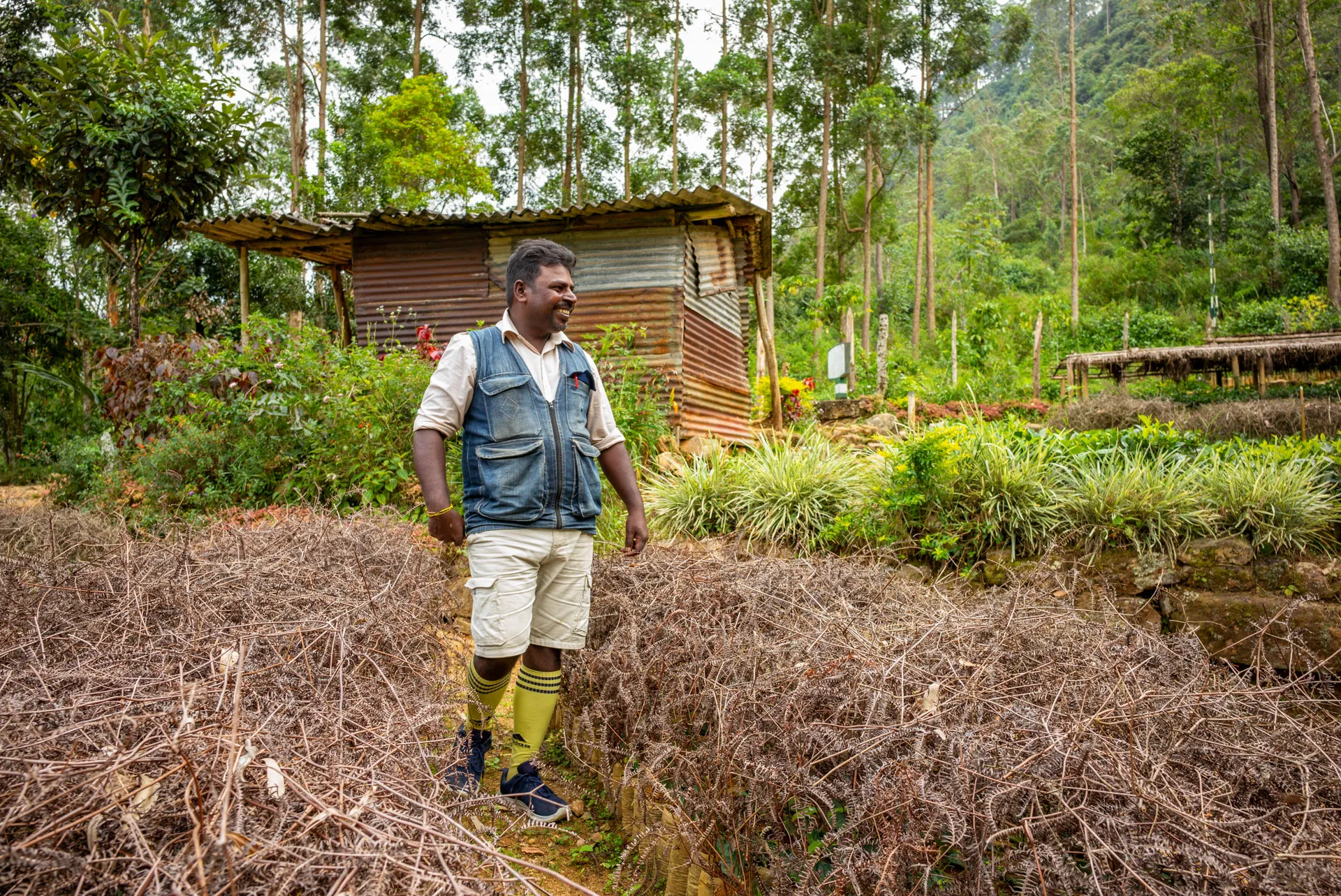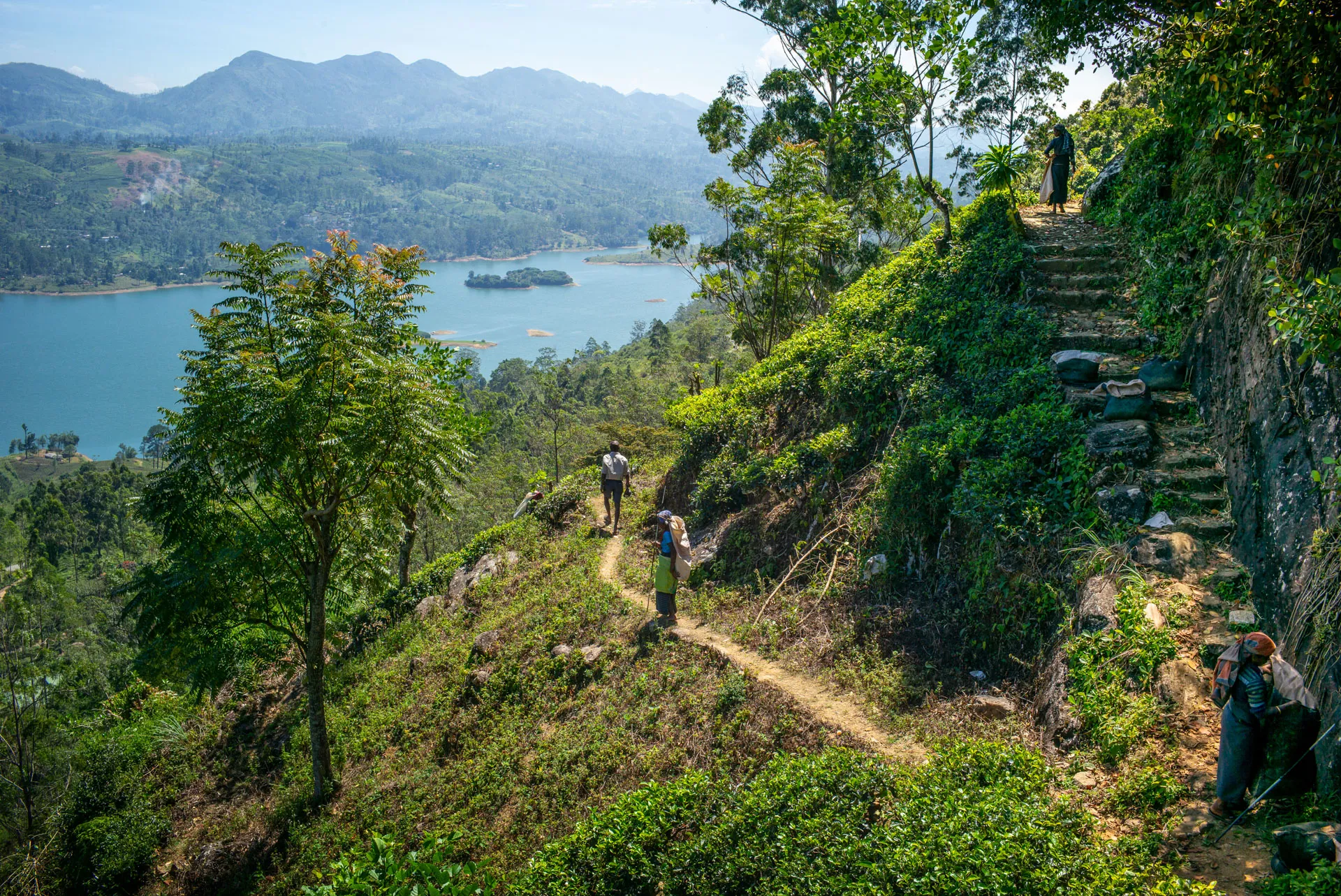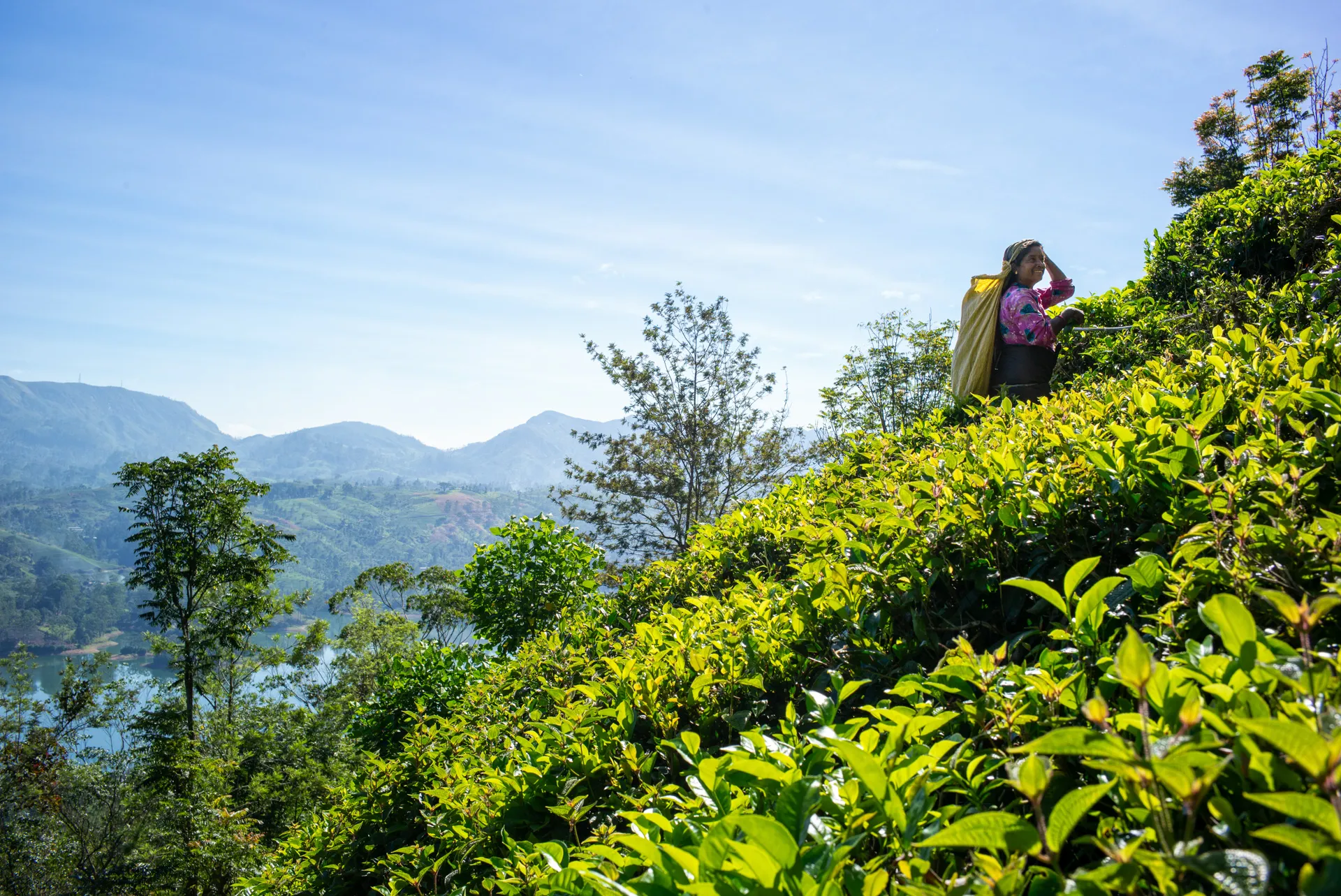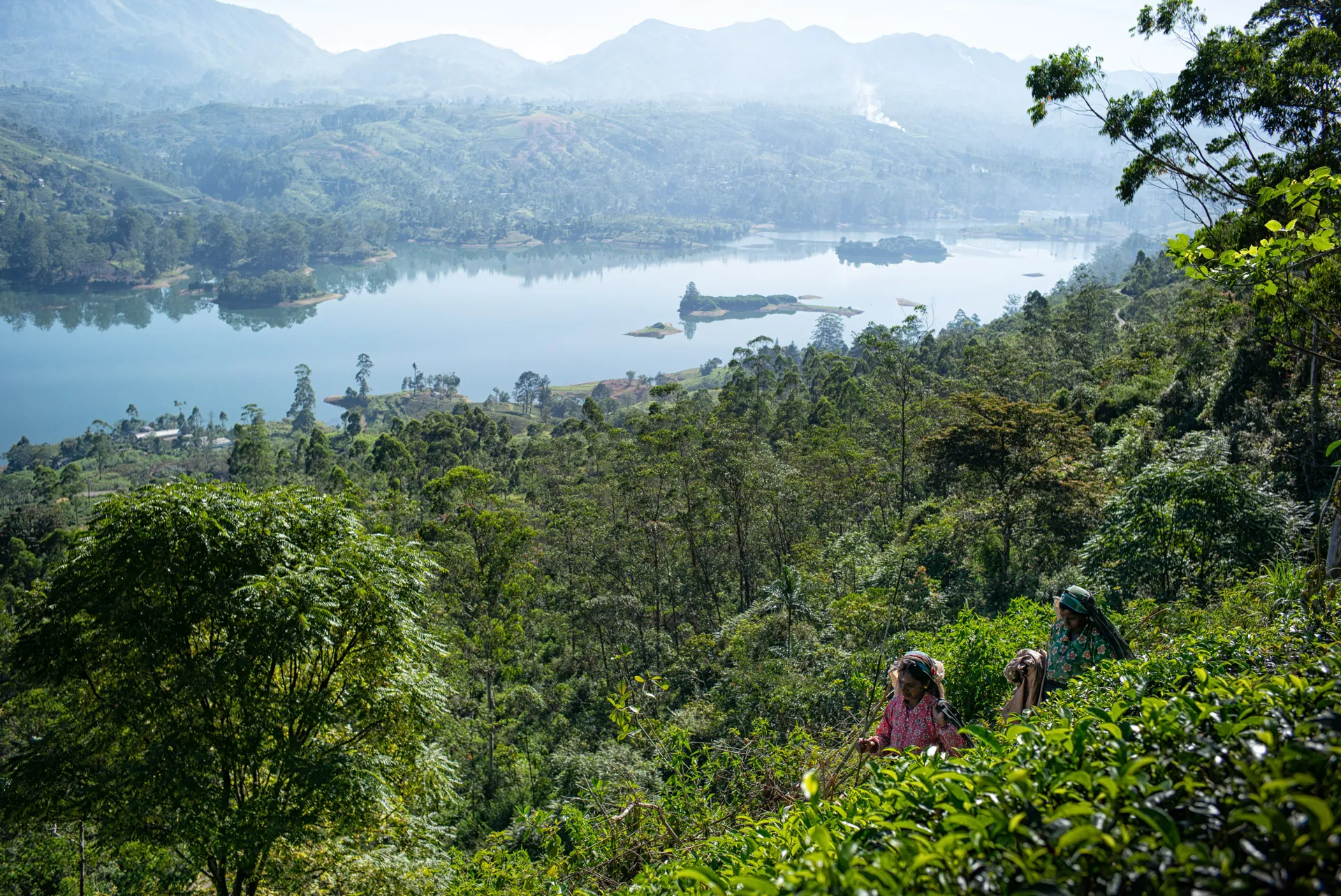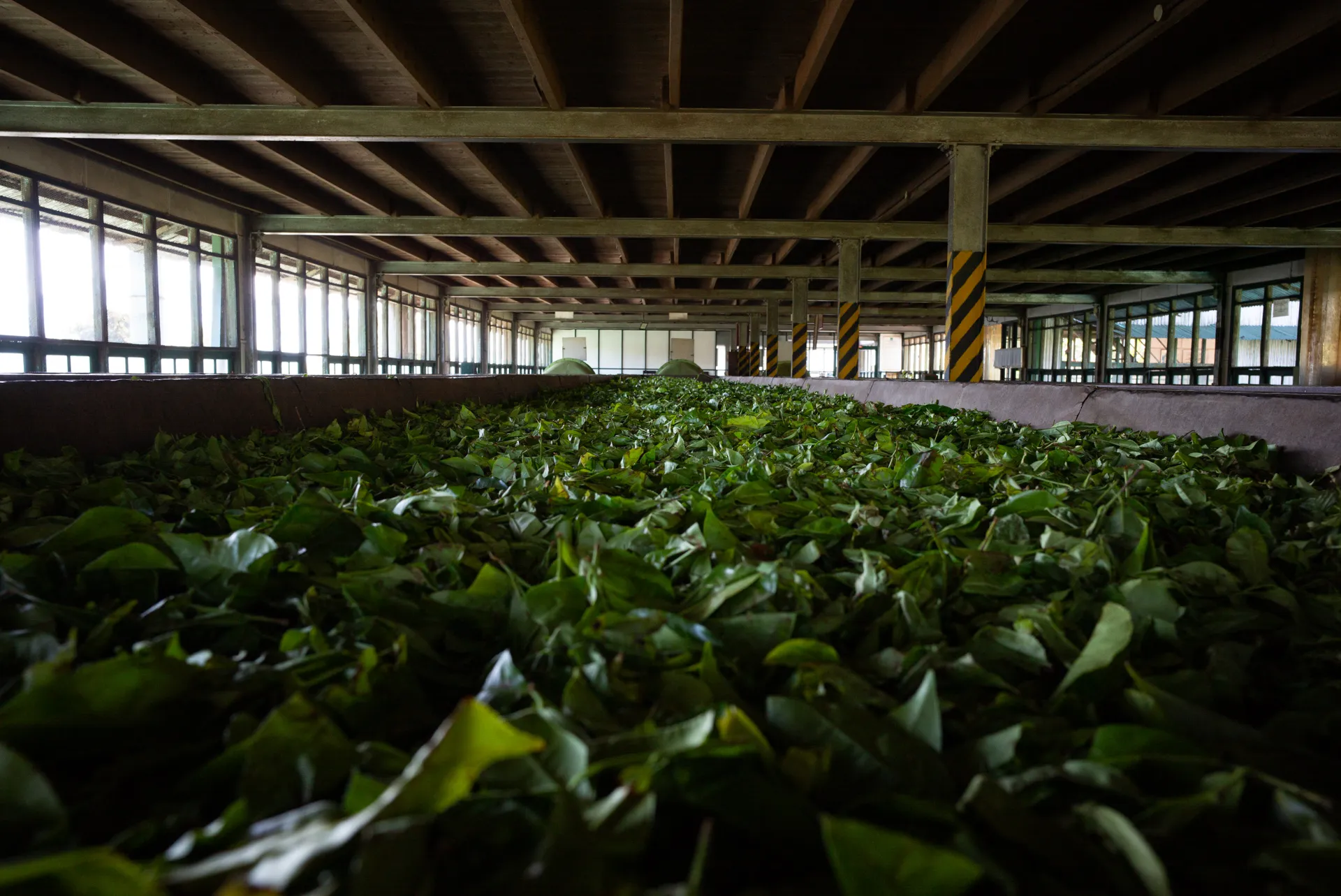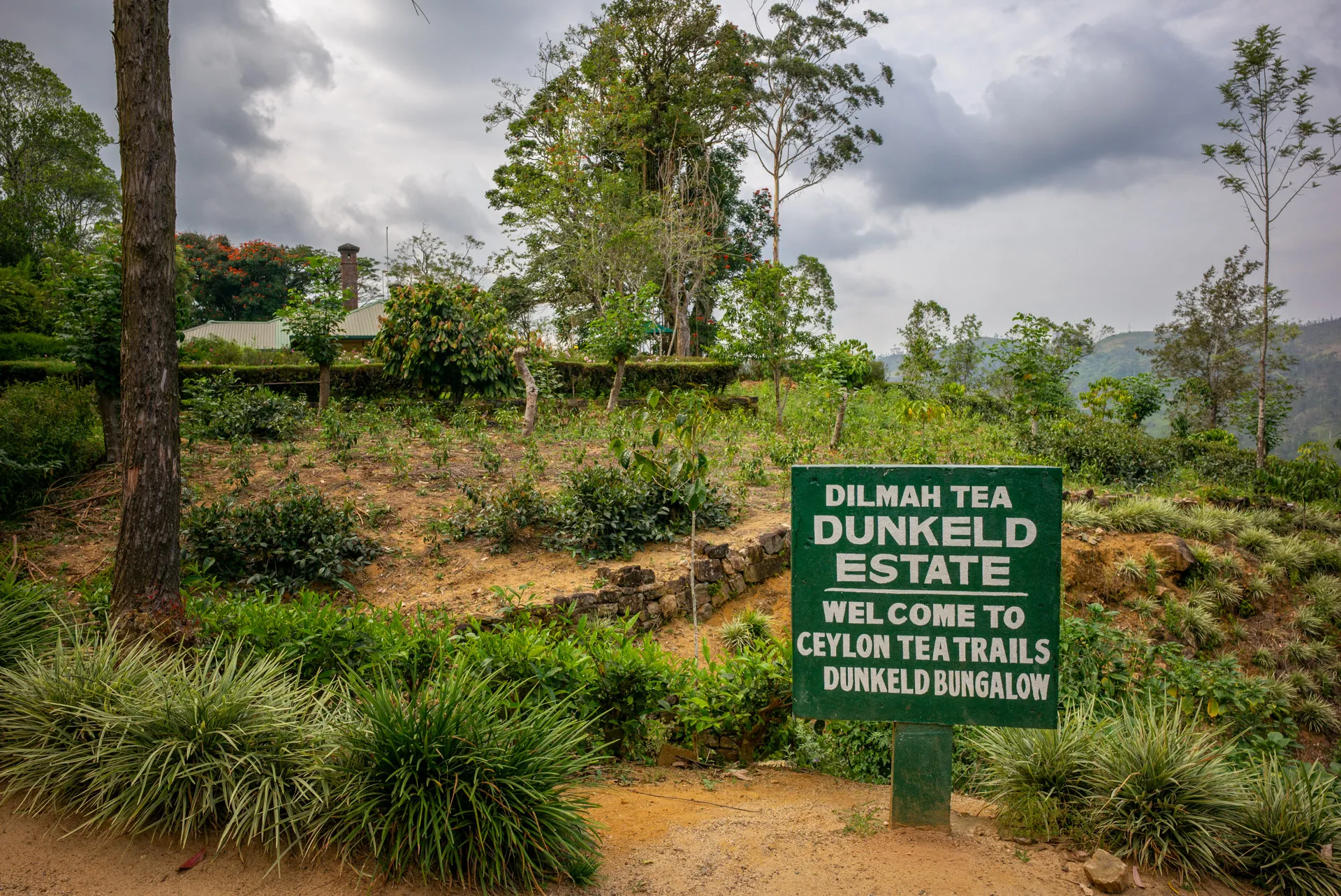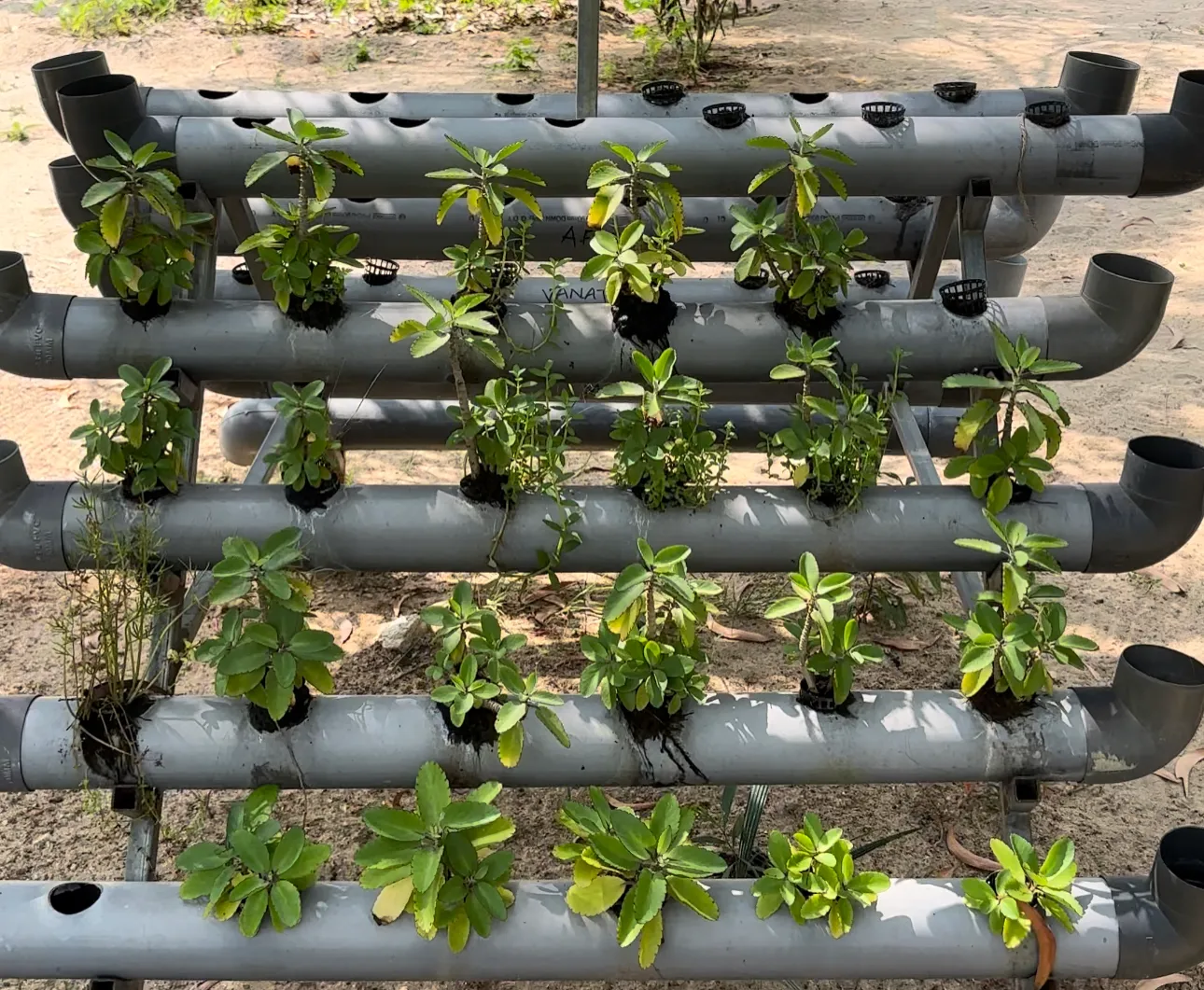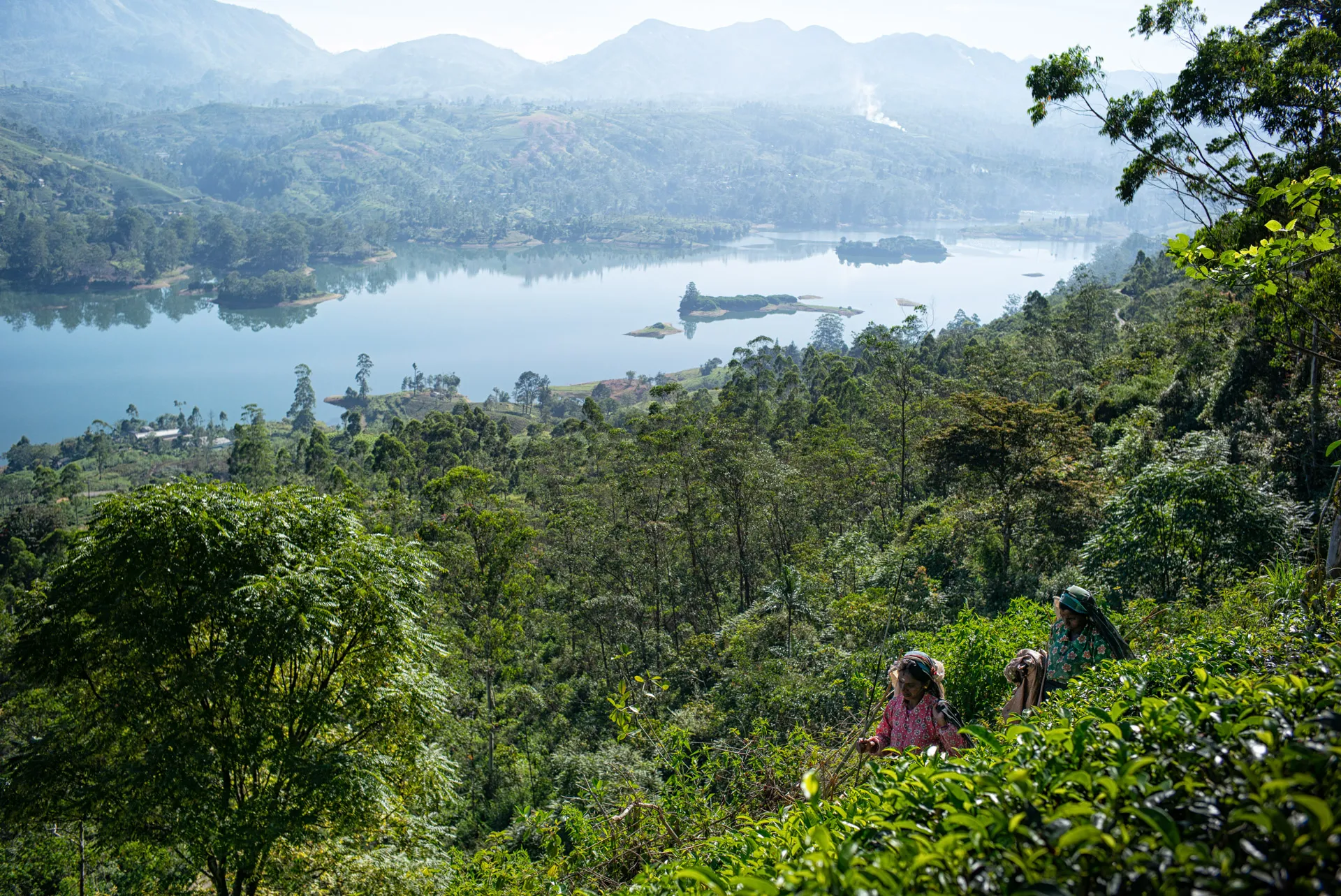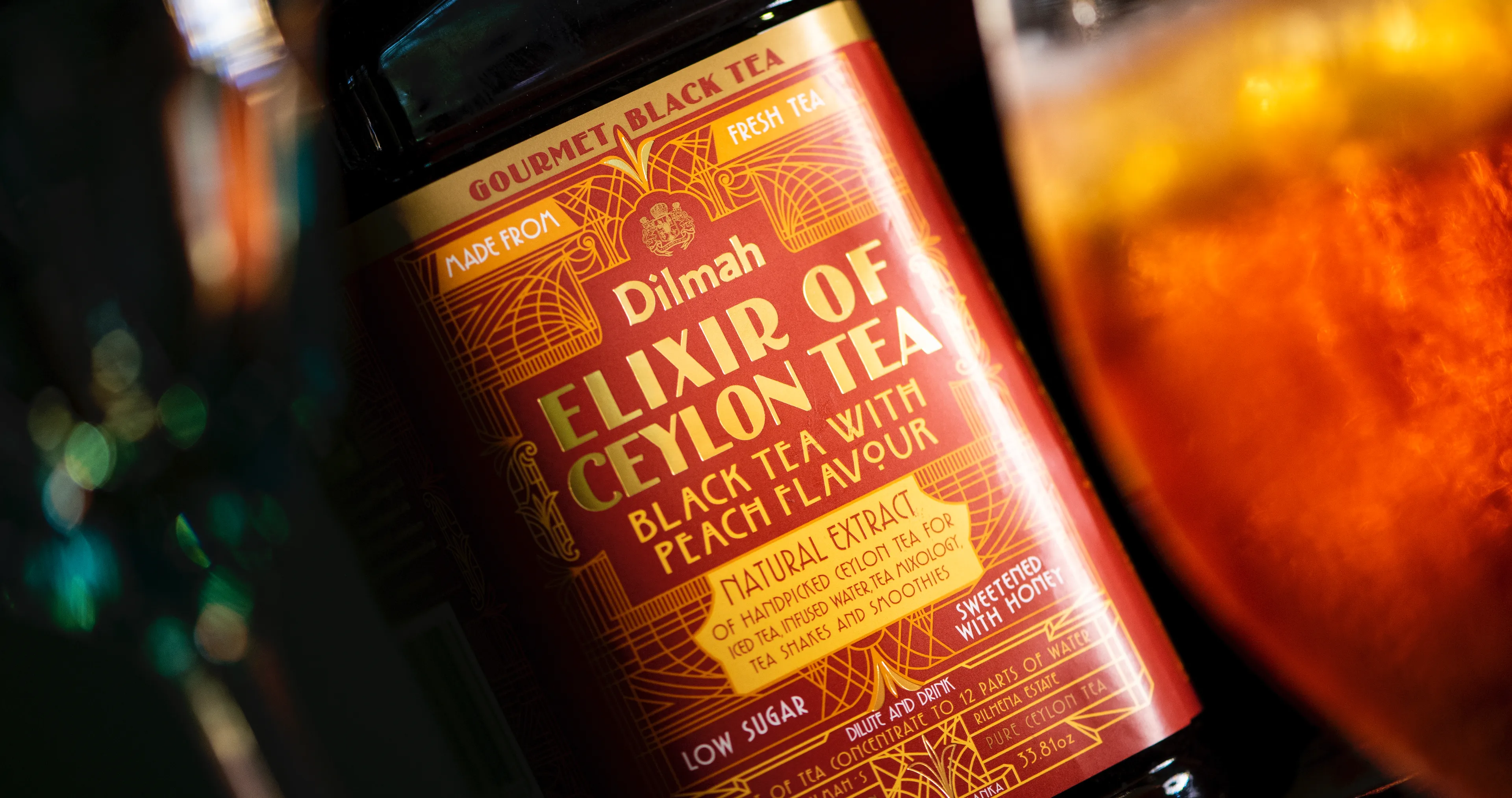Dunkeld Tea Estate: A Journey from Nursery to Cup
Have you ever wondered about the lifecycle of a tea plantation, particularly how new tea plants are cultivated and old ones are managed? I went to Dunkeld Tea Estate, where the art and science of tea begins in the nursery.
Chapters
Meet Pasan, Dunkeld Tea Estate Manager
During my visit, I had the pleasure to spend time with Pasan, the dedicated estate manager, and discover everything about the Dunkeld Tea Estate. He oversees 126 hectares of lush tea gardens, an additional 80 hectares of varied plants, used by the community living at the estate, and the on-site tea factory.
The Heart of Dunkeld: The Tea Plant Nursery
At the core of Dunkeld Tea Estate lies its tea nursery, a crucial starting point for every leaf that ends up in your tea cup. Unlike other crops, tea plants here aren't grown from seeds, because seeds can yield unpredictable results due to birds and other pollinating creatures. Instead, Dunkeld uses a method called vegetative propagation. This technique ensures that each new plant retains all the desirable characteristics of its mother plant. A small young branch is taken from the mother plant and used to grow a whole new tea plant from it.
In the nursery, the process begins with careful pruning of a good tea plant. A small young top branch is taken from the mother plant and used to grow a whole new tea plant from it. the small plant is then planted in meticulously prepared soil. The ideal soil for tea is slightly acidic, with a pH between 4.5 and 5.5. Initially, these tiny plants have no roots and are vulnerable to drying out, so they are sheltered from direct sunlight and watered twice daily. The nest-like dry vegetation that you can see on top of the baby plants in the nursery is an eco-friendly solution to create the shade that the plants need in order to grow. After about four months, they're gradually introduced to more sunlight, toughening up as they grow.
From Nursery to Plantation: A Tea Plant’s Journey
Once the tea plants reach one year, they're sturdy enough to be transferred to the estate's main plantations, where they will grow up to another 4 years before being good enough to be plucked. This transition is delicately managed to ensure the young plants adapt well to their new environment, surrounded by the diverse flora.
In fact, Dunkeld's plantations are not just rows of tea; they are interspersed with Dadap trees, acacia, eucalyptus, gravelia, and the multifunctional kithul palm, which not only provide shade but foster biodiversity, creating a healthy ecosystem. Once old enough, the tea plants are then replanted into the plucking blocks. They are planted in horizontal rows on the estate’s hills, to facilitate easier access for tea-pickers, who navigate the fields with great agility and efficiency.
Tea Picking and Production: A Craft of Precision and Care
The actual tea-picking is an art in itself, requiring the skillful selection of just two leaves and a bud—the tender parts that define the finest teas. The estate’s pickers harvest these by hand every 10 to 12 days, a frequent schedule that maintains optimal freshness and quality of the plucked leaves. In contrast, mechanized harvesting, while faster, can compromise the taste by including older, woodier parts of the plant. Dunkeld relies solely on hand picking, without the use of any machinery in the fields, to assure the highest quality.
Once picked and weighed, the tea leaves and buds are moved to the onsite factory, where the tea production process starts. At Dunkeld's factory, around 200,000 kilograms of black tea are produced annually. This hub is where the magic happens, transforming green leaves into the richly flavored Ceylon black tea cherished around the world.
Conclusion
Visiting Dunkeld Tea Estate is an immersive experience into the world of tea, from the delicate beginnings in the nursery to the careful crafting of every batch of tea. If you want to dive deep into life at the tea estate, surrounded by the natural beauty of Sri Lanka, then check out the marvellous exclusive stay at the Dunkeld bungalow by Tea Trails.
Explore the world of kindness
Discover how the MJF Centre for Dignified Empowerment and Sustainable Development helps Eastern Sri Lanka's recovery from natural disasters and addresses climate change through sustainable practices and community-focused initiatives.
You might have heard it already, but what is exactly World Earth Day? Let us talk you through what it stands for, what it means for us at Dilmah, and how it is not just a day but a part of our values.
Discover Dilmah's Ceylon Tea Elixirs, the refreshing essence of Ceylon tea, transformed into versatile elixirs. Each drop is a blend of taste, healthful benefits, and dedication to sustainable practices.

